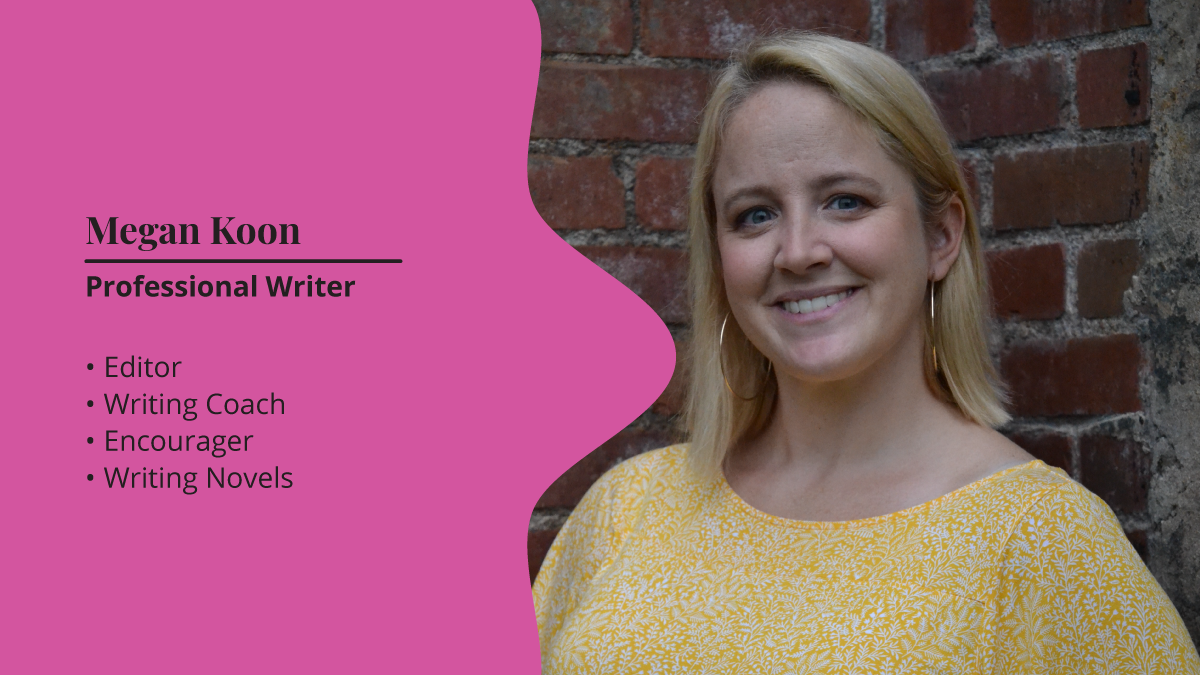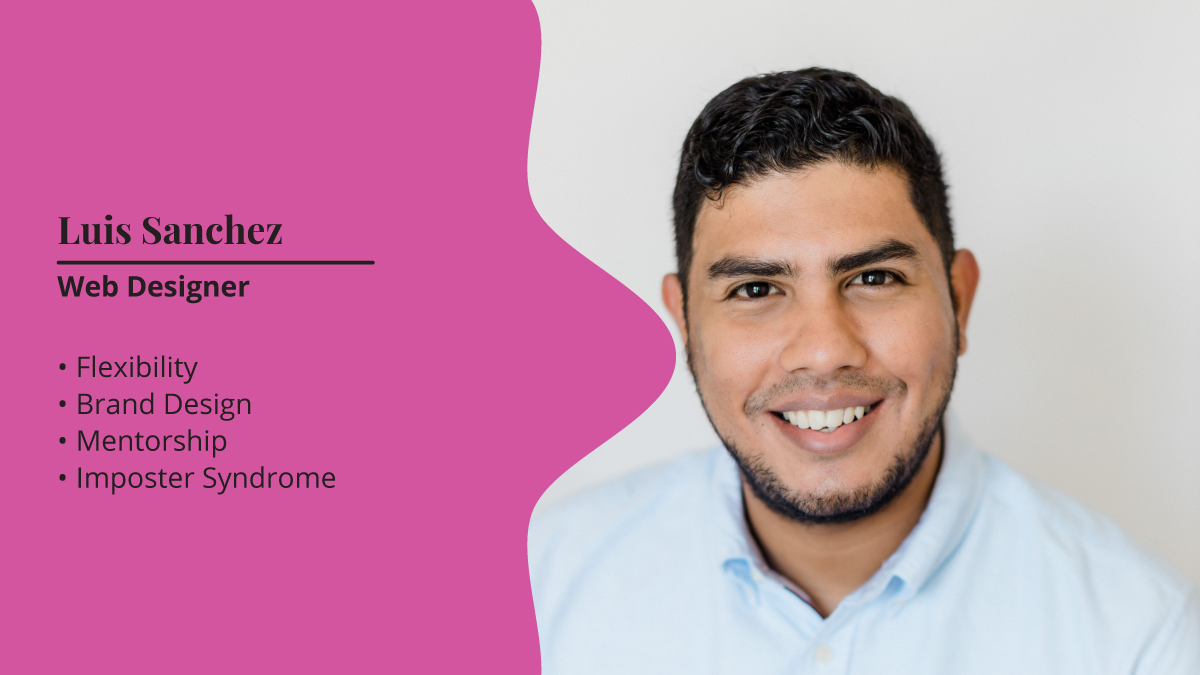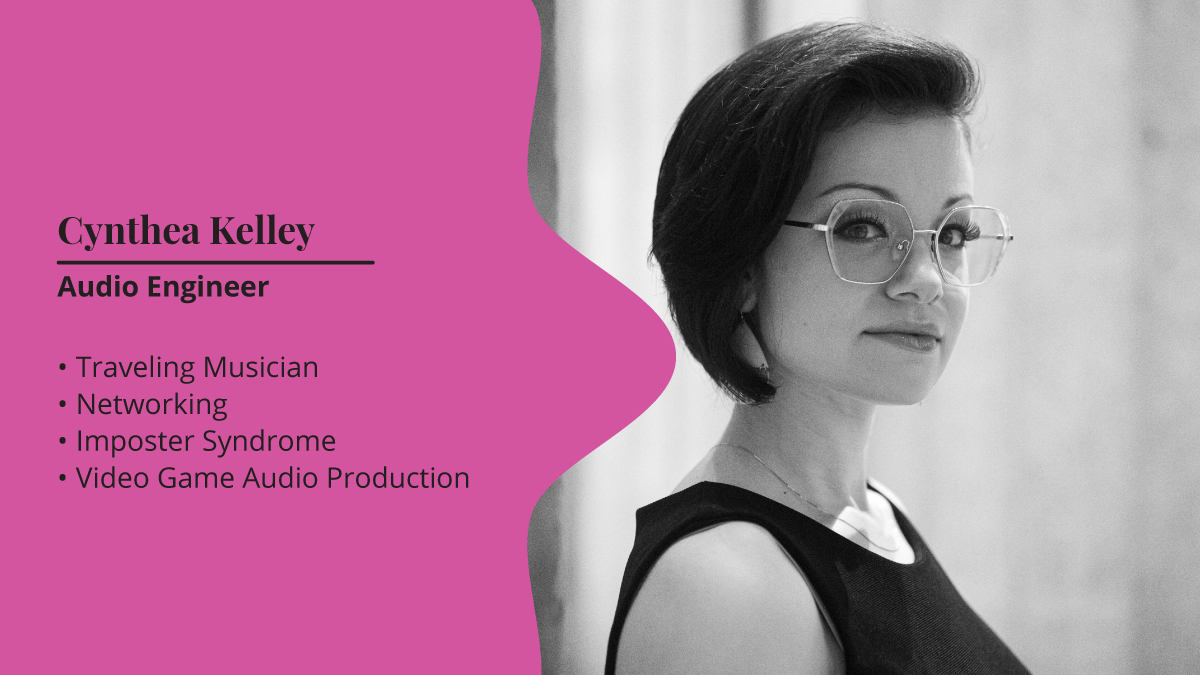“The most important thing in life is storytelling.”
Megan Koon is a writer, editor and writing coach from Simpsonville, South Carolina.
Interview
Transcript
Megan Koon 00:02
So to start, what do you do for work and where are you currently working from? So for work, I am a professional writer, a writing coach and an editor, and I work from Simpsonville, South Carolina.
Emma Plutnicki 00:18
Nice and how long have you been doing that for?
Megan Koon 00:21
Well, I’ve been a professional writer at least part time for I guess, I published my first novel in 2019 so around that time, and then I recently in November, decided to go full time with professional writing, writing coaching and editing and all the good storytelling stuff. Nice, exciting. So what is a typical day look like for you? What’s expected of you, and what do you got into on a daily basis? So a typical day for me is, well, I have children too, so I get up going, but then when it becomes time for professional work, I find a place to work that is not my house, because I am not a productive person in my home. So I like to work from coffee shops as a writer. It’s great to be immersed in different kinds of people and hear conversations and see dynamics. So I really like to work from coffee shops, sometimes the library, if I need to lock in, but so I’ll go to wherever it is I’ve decided to work that day, sometimes outside as well, and then I usually spend a couple of hours working on a piece that I’m editing. Often that’s followed by a meeting with whoever I’m editing for. I just recently finished editing a or- developmental editing a young adult novel. So I met with the writer recently, and then I take a break for lunch, and then I like to spend my time writing my own stuff or working on podcast ideas, because that’s something new that I’m working on and yeah, and then often in the late afternoons, after school. I also work with kids. So I will go and work with kids. I work with kids who who have dyslexia and dysgraphia, so they struggle to read and write and so I’ll work with them after school, typically. So that’s, that’s my day. It’s a whole bunch of words.
Emma Plutnicki 02:21
Yeah amazing. And so you put on a lot of hats throughout your day and have to deal with your family and everything. So how are you able to maintain a healthy work life balance? Because I’m sure also creativity strikes at different times. So how are you able to manage that?
Megan Koon 02:38
Yes, that’s a really good question. And honestly, that is an acquired skill that takes time to figure out, because you’re right. Like creativity strikes at random and often inconvenient times, which is one reason I always have my notebook with me. I have a notebook with me at all times, everything, everything’s in here, and so that way I can scribble down or write something or make notes as I go, no matter where I am. But I think that most importantly, when I first started doing this work, I really overbooked myself. I was taking on clients right and left. I was so concerned about making enough money to support myself, that I was just like grasping for people, and then I realized that that was taking a toll just on me and my mental health and all of that. And so I keep a pretty standard schedule every day, like there are blocks of my time, just like anybody else would go to work, I block off segments of my time. This is when I work on this. This is when I work on that, and I try to keep to those unless something comes up. So I think that having a regular schedule, even though this kind of work is more freelance and, you know, I report to myself, I still block off those times, and that’s been really helpful.
Emma Plutnicki 04:02
Yeah makes sense. And is there any like local professional community in South Carolina that you lean on? Is there like a group of authors or anything like that?
Megan Koon 04:12
Yeah, so, so there are, there are many groups here. I have just a group of local writers that I have a writing partner who I’ve been writing with for years. She writes screenplays and does short films. I write novels, but we, I mean, we both, we’re both storytellers, so I’ve been working with her for years. And then I also am part of a local group with poets, novelists, playwrights, who just get together, and support and accountability is important too. So there is a lot of local support here. There are certainly national organizations that I could belong to and subscriptions that you can have, but I’ve really found so much validation and support just here in the community, you just have to, you have to seek it, because sometimes these kinds of of groups are not advertising themselves out in the community. So. Yeah, makes sense. And along the way, have individuals in that community, or maybe family members or any other mentors given you any advice along the way, whether positive or negative? Yeah, so so both I have certainly being in a creative field. There are plenty of folks who, for whatever reason that I certainly will never understand, don’t see this kind of work as as valid as something like I was a teacher for 20 years, so as something like that, or where I go somewhere else, and I report to someone, and I do my work. It’s hard for people who are not creatives to conceptualize what it is that I do and and why it’s important and like how I support myself. So certainly over time, I’ve had people give advice out of the goodness of their hearts, but with an obvious non understanding of what I do, why it’s important. But also, I’ve gotten some great advice from those that I’ve worked with, whether it was my novel that I published, and I knew something was missing from it, and I had a friend read it and said, “Oh, well, obviously it needs this”. And I’m like, oh yes, obviously it does. And then I put it in, and then we got published. And then also friends in the writing world who are also more astute in like, marketing areas who have said, “Yeah, you should absolutely start this podcast”. Here’s how you should do it. Here’s how. There’s some tiers. So the thing about creatives, too, is that we bring a lot to the experience, beside, just, besides, just whatever our creative ability, like our creative talent, is. I mean, I’m a writer, but having been a teacher for years, I’m a great communicator. I can help explain things. Some of my friends who are writers have marketing backgrounds or, you know, all kinds of things. And so that’s the nice thing about a community of creatives, is that we bring a whole lot of experience to each other.
Emma Plutnicki 07:21
Yeah, for sure. And so when you you were a teacher, and then you decided to become a full time author. Did you have any fears when you made that switch?
Megan Koon 07:29
Yes, it was terrifying, because as sure, you know it’s it’s regular hours, it’s a regular paycheck. I loved teaching. I loved what I was doing. I taught English, surprise, surprise, and I loved doing that work, but I also realized that I was so busy and I committed so much of myself to that work that there was no time for this part of who I am, and I have, since I was teeny tiny, I have known that I am a writer, it is what I am supposed to do. I’m supposed to help other people write, and I did that as a teacher. But, you know, in addition, there were so many other responsibilities. So really, I feel that I was really nervous, but I was taking the bits of my teaching career that I loved the most, and I think are the most important, and deciding to make all of that the absolute focus of my time, and also to be able to devote more time to my own creativity, which just makes me a happier, healthier person. But I was certainly afraid, because it sounds and to my family, it also sounded like this unstable thing, because there are no set work hours. There’s no cont- like one contract that I sign, and so there was some nerve in that. But I’m a person who- I truly believe that if you know yourself and you know what gifts you’ve been given, and you feel compelled by those and you’re using them for good, then the universe will help you make your way. And so I took the leap and and I mean not to say that there haven’t been bumpy times where I’m like, “oh gosh, really is that that’s that’s the amount of income I brought to our family this month” or “why can’t I find more clients right now?” And there’s certainly those moments, but I have learned through this experience that because I am doing what I am supposed to do, things are shaking out, and not even just shaking out, but thriving now, so yeah.
Emma Plutnicki 09:34
Amazing. So although you may have those bumps in the road, has there been one project that you’ve worked on that has had a significant impact on you, whether it showcased your like, peak of your creativity, or just continues to leave a lasting impact on your life?
Megan Koon 09:52
Yeah, that’s a great question. So there are certainly projects that I’ve worked on just my own writing novel writing that I, I love them, I haven’t complete. They’re finished, but not finished. So I have not submitted them for publication or anything, but I I feel very they feel very organic for me and very defining. But I would also say that part of what I do with as a writing coach to help other people write their novels or poetry collections, all kinds of things. Is a book that I just finished, I just finished doing an edit, and now the author has hired me into a writing coach retainer. And as I was working on this book, I this was when I was certain, like, this is exactly what I should be doing besides my own writing, I already know I should be doing that, but I love this work. I loved reading his work, and I loved being able to being able to make big suggestions. It was developmental editing, so I basically went in there and said, “Hey, you have two books here. It’s not one book. You’ve written two, and so we need to chop it in half and do all this”. And I felt so- it made me feel very confident myself, because I was certain that I was correct in all of these things, and I knew that I was helping, and he was so receptive, and so that that project was very affirming, that I not only do I know that I have gifts for writing and I know that I can help people write, but that I really can help people with their their their own career and life defining projects, and that’s awesome. Yeah and so do you feel, I mean, in a creative field, it’s hard sometimes to know what success looks like. So how do you define professional or personal success? Is it moments like that where you just feel fulfilled helping somebody? Is it more financial, ideological? How do you define success in a creative career? That’s such a great question. I’m really glad you asked that, because having taught for many years, I taught high school, and you would ask the students what success was, and they would always say, you know, it’s this income, or it’s being able to live in this kind of neighborhood. And while, of course, there is a part of success that’s able to independently support yourself, for sure, in the creative field, I would say that for me success, I see success in many different ways, but it usually has to do with- either conveying my story and having someone respond to it, and it meant something to them. So, you know, I publish a book, and people read it and they’re like, “oh, this reminded me of, you know, where I grew up”, or “this was so relatable”, like that success. When I’m helping someone with their writing, they’re- they come back with a revision, and they’re so excited, because they really have accomplished this big thing, and that is success to me, because if nothing, I mean, I I’m, I think I’m a pretty good editor, but I, by all, I am an encourager and cheerleader for everybody to tell their story. I was at a career day for an elementary school recently, and I told them all like the most important thing in life to me is storytelling, whether that whether you and and we do that in many different ways. I do it with words. Some people do visual arts. I mean, some people vocally give talks and whatever it is, but everybody has their own individual story. No one could have ever told your story. No one else will ever be able to tell your story, and the world needs stories. So success, to me, is in any way helping to put stories into the world, whether it’s through my own writing, or helping someone else do it, because I really feel like that. That’s what we need as people, is to have those kinds of connections that we can only get through stories.
Emma Plutnicki 14:02
Yeah I love that. That’s a great perspective to have. Amazing so just as we wrap up, is there anything else you’d like to add, any advice or anything like that?
Megan Koon 14:13
I would just say that I am in my 40s now. I’ve been writing for a really long time, and I’ve done some other things in the meantime. Teaching, actually worked in IT for a little while, which is very funny, but I was doing communications, so um, and all of that has been well and good, but I am so grateful that I’ve come to the place where I can make space in my life to pursue these creative pursuits, and I wish that I had had more support for it earlier, like when I was growing up from my family or, you know. And so my advice to folks is that if they want to pursue a career in something creative, then know that this is in fact a career. It’s a career it is just as valid as any other career, and it’s, it is one of the most important careers, because we do need stories and we need things of beauty in the world and the the wonderful thing about being a creative is that everything I produce could only come from me, and so it is a personal contribution, but I would just say that if you’re going along and you want to pursue a creative career, and people are acting as if it’s not as valuable, or what does that really mean? If I hear the phrase starving artist one more time, I’m going to just start screeching, but just ignore the naysayers, like you know what you were created to do. You know what your gifts are, and go for them. It’s a legitimate career field, and you should spend your career doing something you love, because that’s how we all spend most of our day as you know, adult, grown up people so do what you love and don’t let detractors try to tell you that it’s not significant, because it really is.
Emma Plutnicki 16:03
Yeah, thank you. That’s great advice. I really appreciate you taking the time to speak about your career, and you clearly love it. So it’s really refreshing to hear.
Megan Koon 16:13
Yay! Thank you. [inaudible ] ask me! Of course!



Leave a Reply